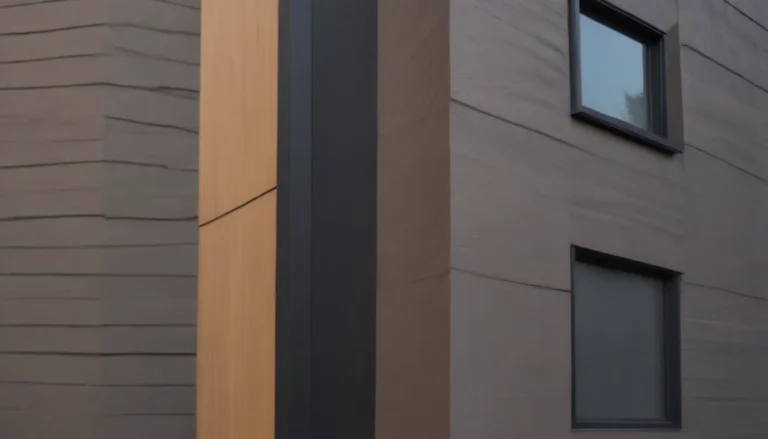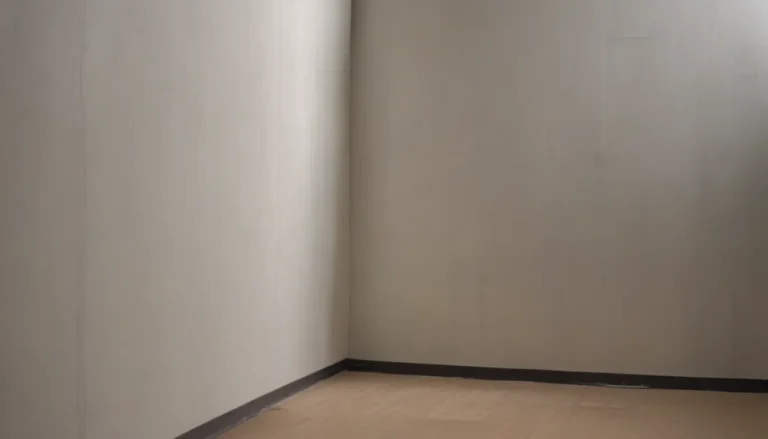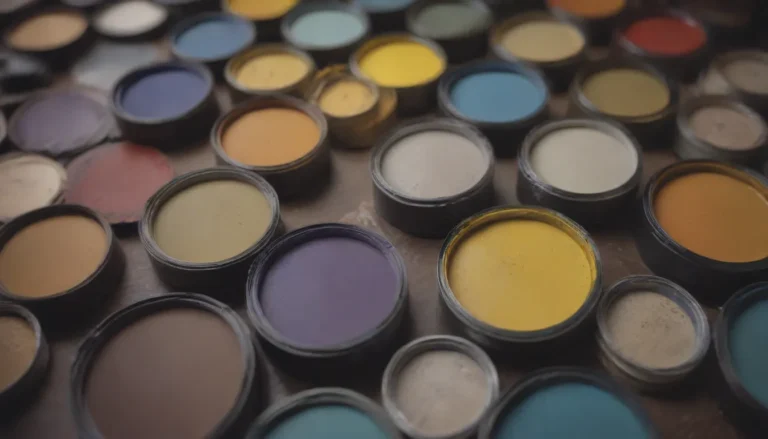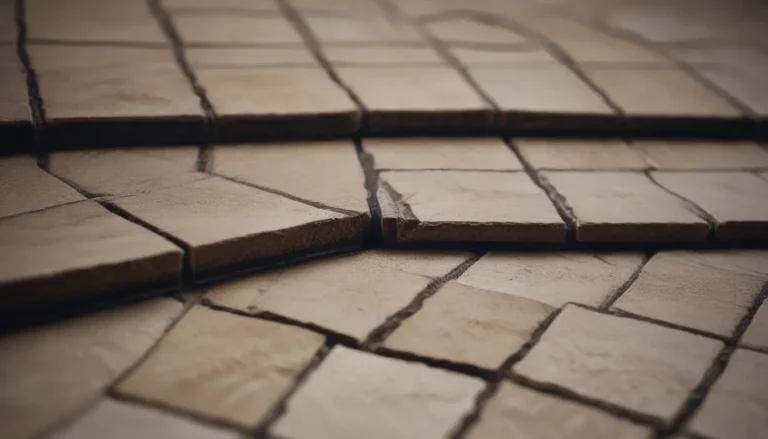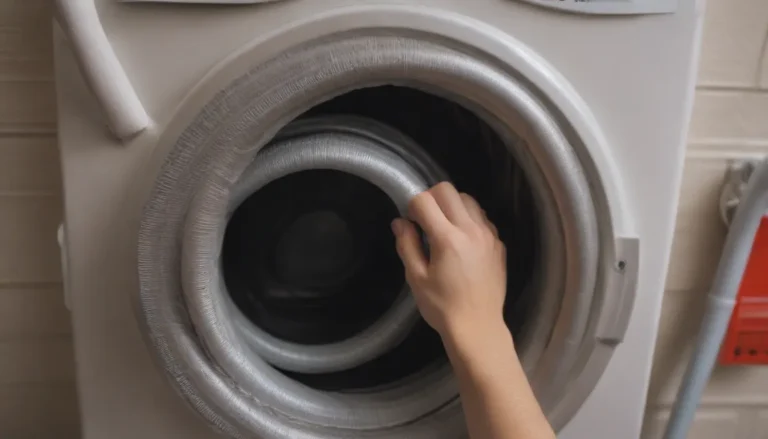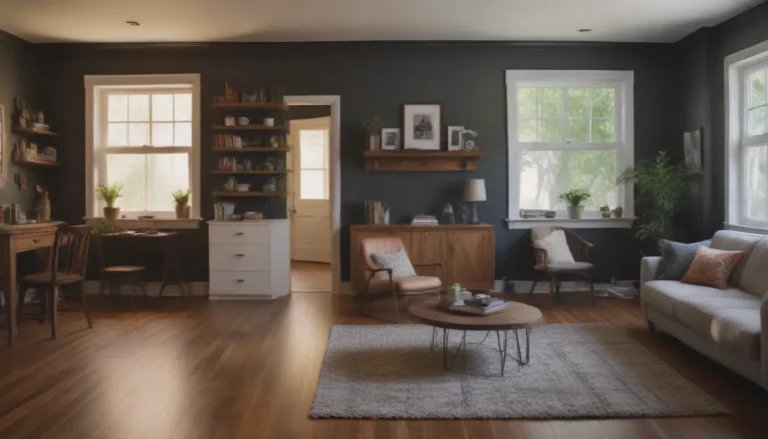Exploring the Best Window Option for Your Home: Wood vs. Vinyl Windows
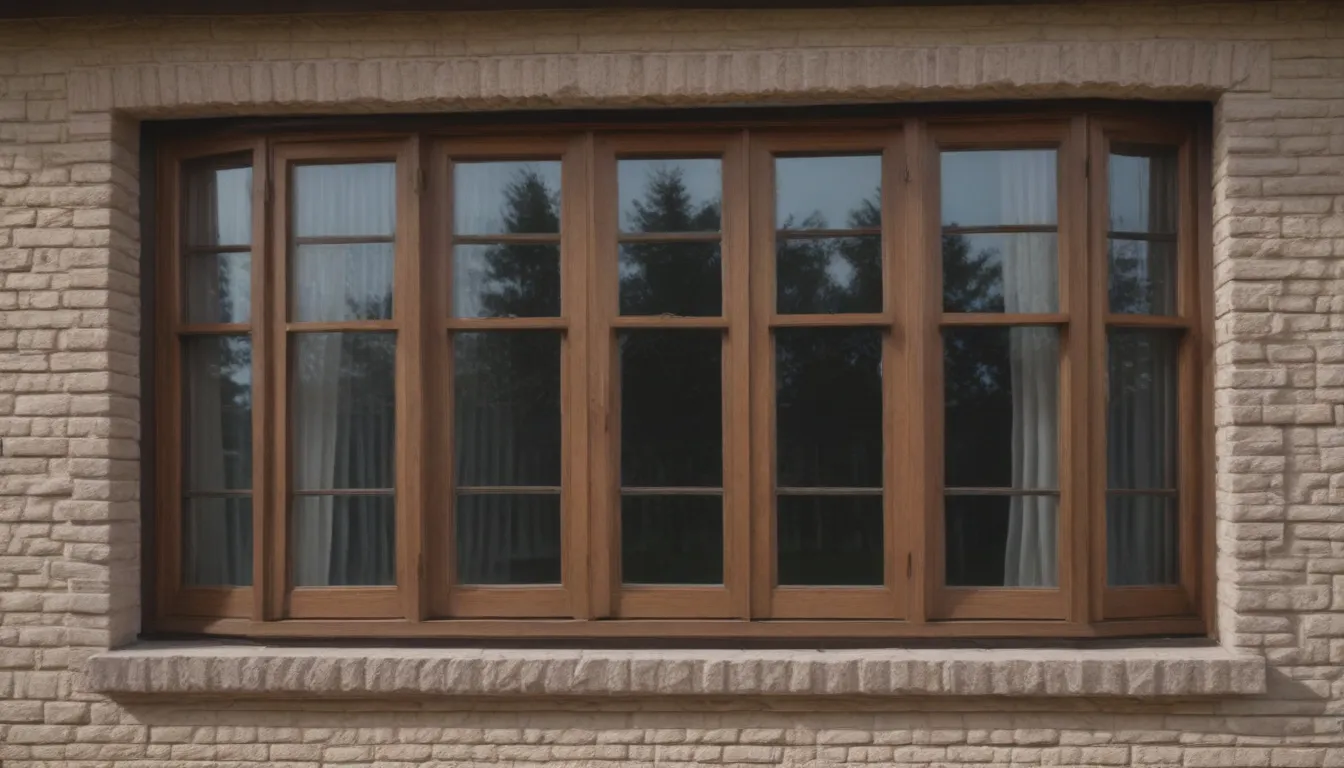
Are you in the market for new windows and unsure whether to choose wood or vinyl? The decision between these two materials can have a significant impact on your home’s appearance, energy efficiency, and maintenance requirements. In this comprehensive guide, we will delve into the key differences between wood and vinyl windows, helping you make an informed choice that suits your needs and preferences.
Understanding Wood vs. Vinyl Windows: Key Differences
When it comes to comparing wood and vinyl windows, there are several factors to consider. Let’s break down the essential differences between these two popular window materials:
- Maintenance and Durability:
- Vinyl Windows: Vinyl windows are known for their low maintenance requirements and durability, with an average lifespan of 30 to 40 years.
-
Wood Windows: While wood windows offer a classic charm, they require more maintenance and have an average lifespan of about 20 years.
-
Price:
- Vinyl Windows: Vinyl replacement windows are typically 20% cheaper than wood windows, making them a cost-effective option for budget-conscious homeowners.
-
Wood Windows: Wood windows tend to be pricier due to factors like supply and demand and aesthetic appeal.
-
Energy Efficiency:
- Vinyl Windows: Vinyl is a poor conductor of heat and cold, but insulated frames are essential for optimal energy efficiency.
- Wood Windows: Wood frames are excellent at inhibiting the transmission of cold or heat, making them a great energy-saving choice.
Material and Construction
Vinyl Windows
- Vinyl windows are primarily made of high-quality extruded polyvinyl chloride (PVC).
- Some metal and other types of plastics are used for the sash mechanism.
Wood Windows
- Wood windows usually feature wood on the inside, such as pine or Douglas fir.
- Exteriors are often covered with extruded aluminum, PVC, or fiberglass for added durability.
Durability
Vinyl Windows
- Vinyl windows have a longer lifespan than wood windows, thanks to their resistance to weathering.
- Quality matters when it comes to vinyl windows, as cheaper options may not last as long.
Wood Windows
- Wood windows can last for about 20 years or more, depending on maintenance and the presence of aluminum cladding.
- Unpainted wood is more susceptible to damage from heat, cold, and moisture.
Colors and Finishes
Vinyl Windows
- Most vinyl windows are available in white, with premium colors costing more.
Wood Windows
- Wood windows allow for a natural wood finish on the interior, with the option to paint the exterior and interior in various colors.
Maintenance
Vinyl Windows
- Vinyl replacement windows require minimal maintenance, as they never need painting or sealing.
- Painting vinyl windows can be more challenging compared to wood windows.
Wood Windows
- Wood-exterior windows need regular painting or sealing to protect them from the elements.
- Wood windows with aluminum cladding eliminate the need for frequent painting.
Appearance
Vinyl Windows
- With a range of colors beyond white and tan, vinyl windows are becoming more visually appealing.
Wood Windows
- Wood windows offer a classic look, allowing the natural wood grain to shine through or the option to paint for a solid color finish.
Turnaround Time
Vinyl Windows
- Vinyl windows are readily available from many manufacturers, making them easy to obtain on schedule.
Wood Windows
- Wood windows have a smaller market share, leading to potentially longer wait times compared to vinyl options.
Resale Value
Vinyl Windows
- Vinyl windows typically provide a solid return on investment, with a resale value of around 67%.
Wood Windows
- While slightly lower, wood windows still offer a decent resale value, making them a good long-term investment.
Making the Right Choice
In the end, the decision between wood and vinyl windows comes down to your priorities and preferences. Here’s a summary based on your needs:
- Vinyl Windows:
- Ideal for cost-conscious homeowners looking for low-maintenance options.
-
Great for those seeking energy efficiency and ease of installation.
-
Wood Windows:
- Perfect for homeowners valuing classic charm and long-term beauty.
- Suited for historic homes or properties where aesthetics play a significant role.
By carefully considering factors like maintenance, durability, energy efficiency, cost, and appearance, you can make an informed decision that enhances the comfort and aesthetics of your home. Whether you choose wood or vinyl windows, both options have distinct advantages that can elevate your living space.
In conclusion, the choice between wood and vinyl windows boils down to your unique preferences and priorities. Both materials have their strengths and weaknesses, so weigh your options carefully to select the windows that best suit your home and lifestyle. Happy window shopping!
Sources:
– HomeAdvisor
– United States Department of Energy
– 2022 Remodeling Impact Report by the National Association of Realtors
